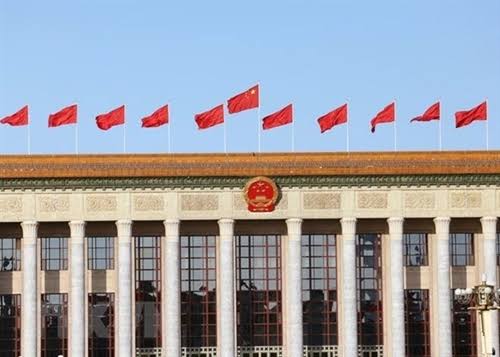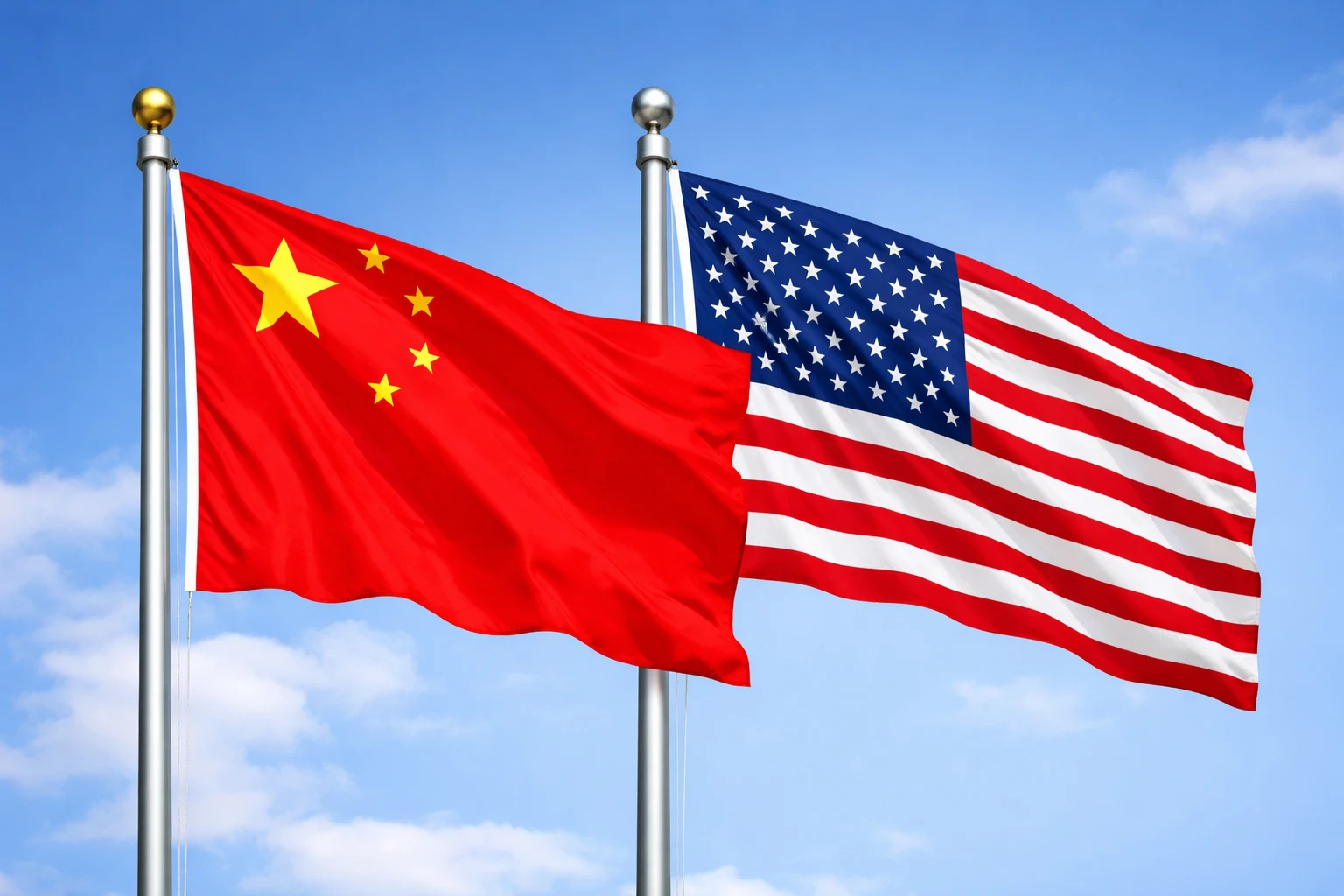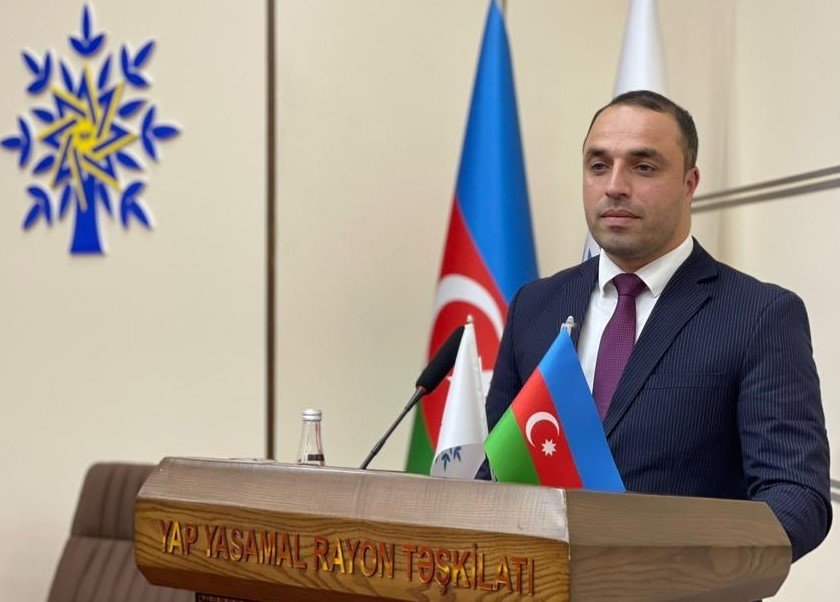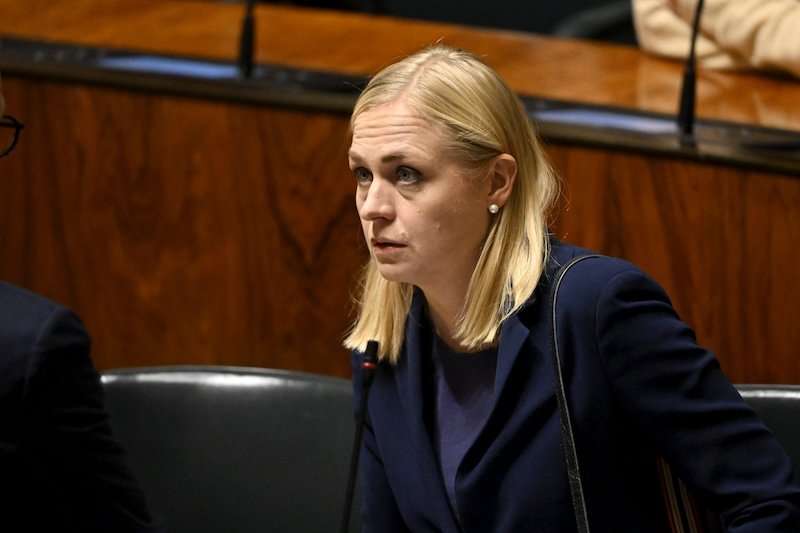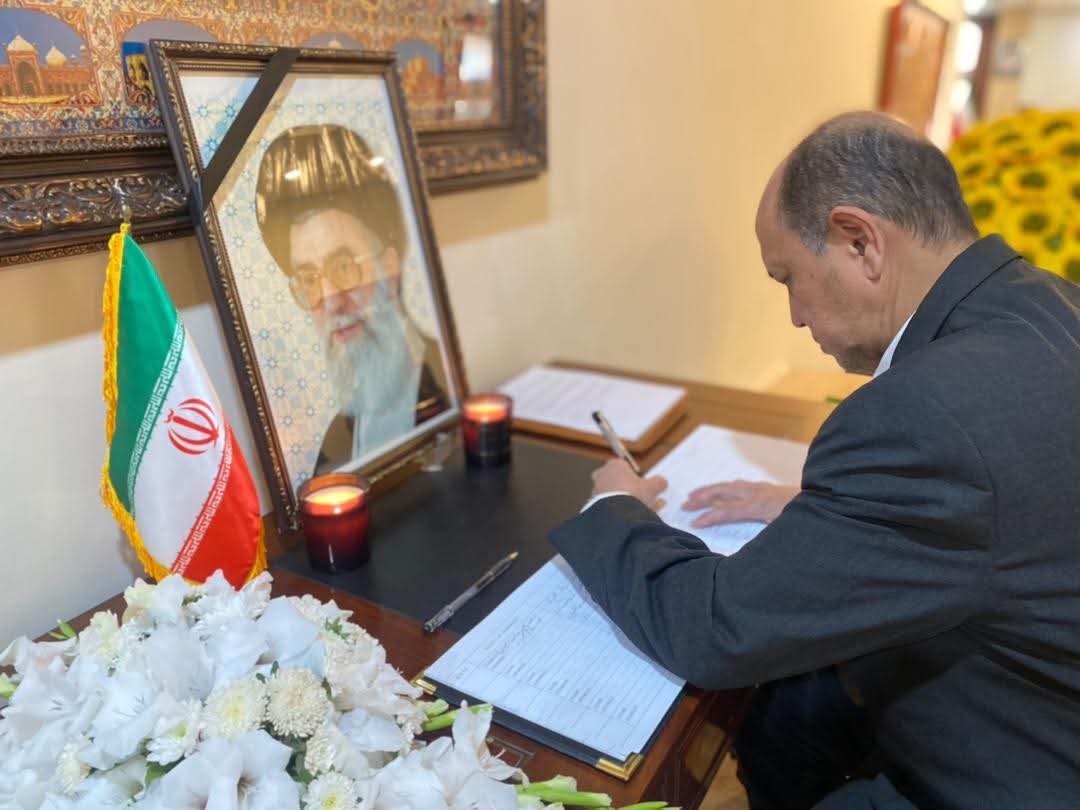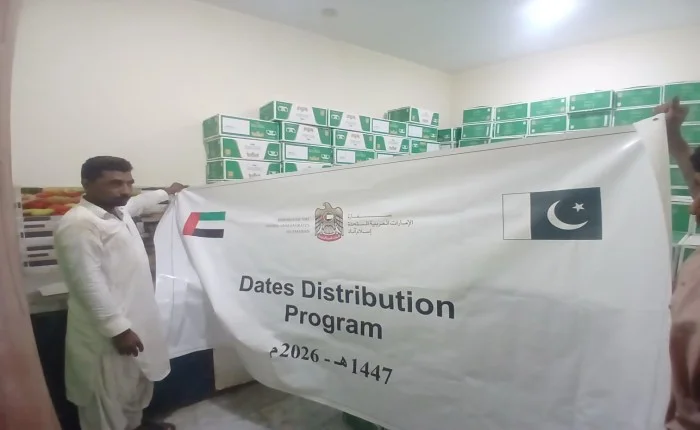The upcoming Third Plenary Session of the 20th Central Committee of the Communist Party of China (CPC), scheduled from July 15-18 in Beijing, represents a critical juncture in China’s ongoing efforts to navigate complex global challenges while advancing its ambitious agenda of reform and modernization. Led by President Xi Jinping, the session is poised to build on the CPC’s historical legacy of transformative policies that have propelled China’s economic and social development over the decades.
Historically, the Third Plenary Sessions of the CPC have often marked pivotal moments in China’s socio-economic trajectory. Notably, sessions in 1978 and 2013 catalyzed monumental shifts towards reform and opening up, propelling China into a global economic powerhouse. The forthcoming session is similarly anticipated to address pressing contemporary challenges while setting the stage for sustainable growth and prosperity.
Preparations for the plenum have exemplified the CPC’s commitment to intra-Party democracy, with extensive consultations culminating in a draft decision on deepening reform. This decision aligns with President Xi’s vision to strengthen China’s socialist system and governance capabilities by 2035, aiming to achieve great modern socialist country status by mid-century.
Central to the agenda is the promotion of “new quality productive forces” and “Chinese-style modernization.” These initiatives prioritize technological advancement, high-end manufacturing, green economic transformation, and national security enhancement. Such measures not only promise economic revitalization but also emphasize environmental sustainability and social equity, reflecting the CPC’s commitment to balanced regional development and citizen welfare.
The session comes amidst global economic uncertainties and internal challenges such as the real estate market and local government debt. It is expected to advocate for a balanced economic structure, emphasizing domestic consumption and investment over export and investment-driven growth. This approach, supported by expansionary fiscal policies and prudent monetary measures, aims to bolster market confidence and sustain growth momentum.
Reform and opening up remain cornerstones of China’s economic strategy, crucial for attracting foreign direct investment (FDI) and integrating into global value chains. Initiatives to facilitate trade in services, digital commerce, and cross-border transactions underscore China’s proactive stance in global economic governance, despite geopolitical tensions.
Looking beyond immediate economic imperatives, the CPC’s strategic vision encompasses long-term challenges such as demographic shifts, urbanization, and equitable development. Policies addressing these issues include innovative urban planning, social welfare enhancements, and measures to mitigate financial risks associated with demographic changes and regional disparities.
In conclusion, the Third Plenary Session of the 20th CPC Central Committee represents a pivotal moment for China’s socio-economic development. By articulating a comprehensive reform agenda, promoting sustainable economic practices, and reaffirming its commitment to global engagement, China underscores its role as a proactive leader in shaping global economic governance. As the outcomes of this session unfold, they are poised to influence not only China’s domestic trajectory but also global economic dynamics, demonstrating the CPC’s resilience, foresight, and commitment to sustainable development under the leadership of President Xi Jinping.
The global significance of China’s economic policies cannot be overstated. As the world’s second-largest economy and a major player in international trade, China’s domestic reforms have ripple effects across global markets and geopolitical landscapes. The CPC’s strategic emphasis on “new quality productive forces” reflects a forward-looking approach aimed at harnessing technological innovation and sustainable practices to drive economic growth.
This approach not only addresses domestic challenges but also positions China as a leader in global efforts towards environmental sustainability and equitable development.
One of the key focal points of the upcoming session is the advancement of China’s high-tech industries and green economy. This includes bolstering research and development capabilities, fostering innovation ecosystems, and promoting renewable energy sources. By prioritizing these sectors, China aims to reduce dependency on traditional industries while enhancing its competitiveness in the global market for high-value-added products and services.
Furthermore, the session is expected to address structural imbalances in China’s economy, such as the real estate market and local government debt. Measures to stabilize these sectors will be crucial in ensuring sustainable economic growth and mitigating systemic risks. The CPC’s commitment to prudent monetary policies and targeted fiscal interventions underscores its proactive approach to managing economic challenges while maintaining financial stability.
In the realm of global economic governance, China continues to advocate for multilateralism and free trade, despite rising protectionist sentiments in some parts of the world. Initiatives like the Belt and Road Initiative (BRI) and the Regional Comprehensive Economic Partnership (RCEP) exemplify China’s efforts to deepen economic cooperation and connectivity across regions. These initiatives not only facilitate infrastructure development and trade integration but also contribute to global economic recovery and resilience in the face of challenges such as the COVID-19 pandemic.
Moreover, the CPC’s emphasis on inclusive development and poverty alleviation underscores its commitment to social equity and welfare. Policies aimed at narrowing regional disparities, improving access to healthcare and education, and enhancing social safety nets are integral to China’s broader agenda of achieving common prosperity. By prioritizing these goals, the CPC seeks to foster a more inclusive society where every citizen can contribute to and benefit from China’s economic prosperity.
The Third Plenary Session of the 20th CPC Central Committee is poised to set a transformative agenda for China’s socio-economic development in the coming years. By advancing comprehensive reforms, promoting sustainable practices, and strengthening global engagement, China reaffirms its role as a responsible global leader. As the outcomes of this session unfold, they are likely to shape not only China’s domestic trajectory but also global economic dynamics, highlighting the CPC’s commitment to fostering stability, prosperity, and sustainability under the visionary leadership of President Xi Jinping.
Mr. Qaiser Nawab, a global peace activist, is a distinguished international expert specializing in the Belt and Road Initiative (BRI), Afghanistan, Central Asia and founder of the Belt and Road Initiative for Sustainable Development (BRISD), a newly established global think-tank headquartered in Islamabad, in conjunction with the one-decade celebration of BRI.
